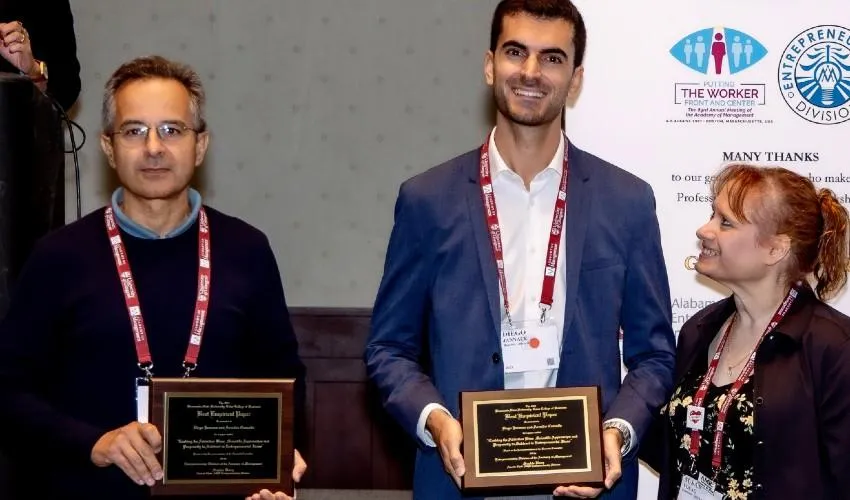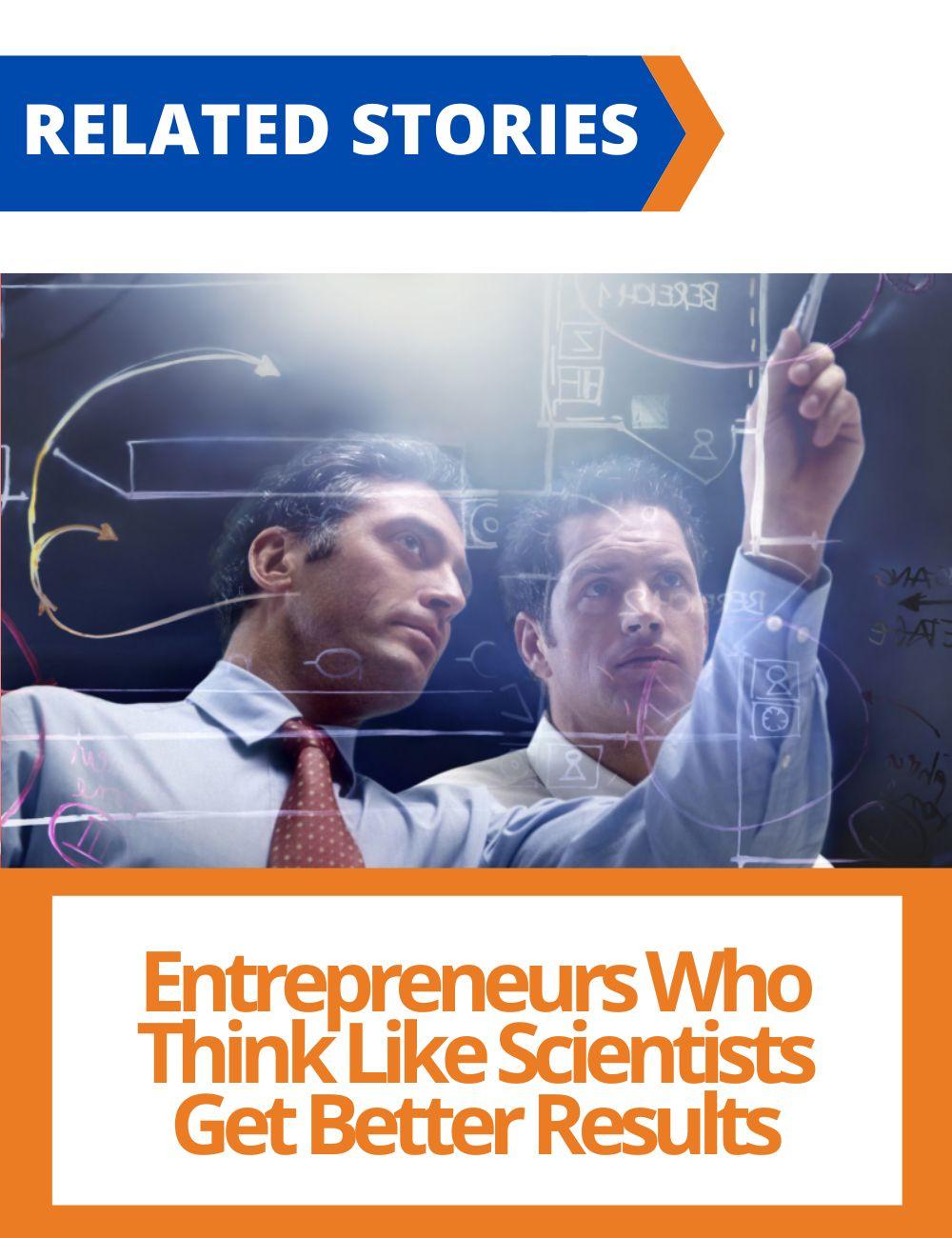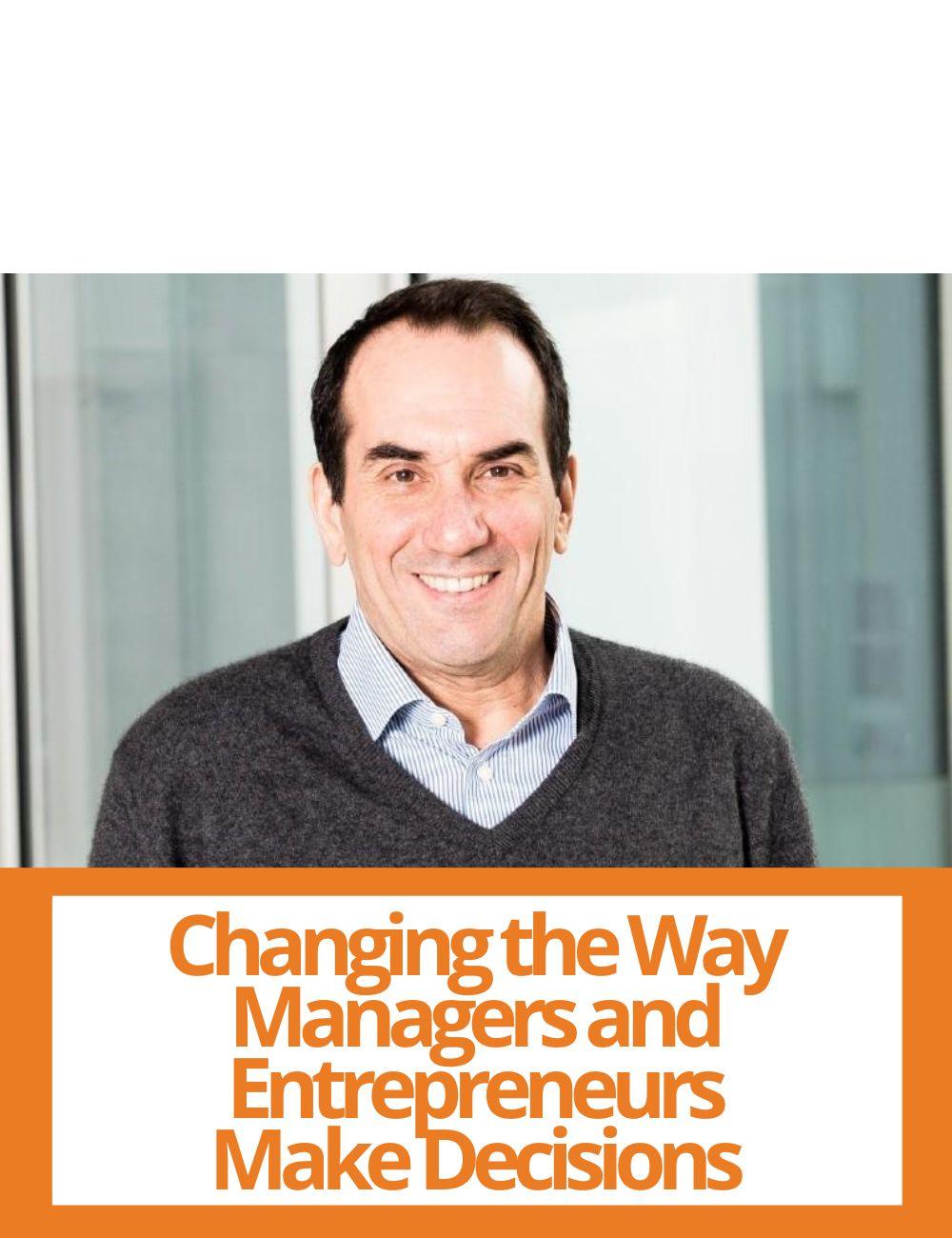
The Bearable Lightness of the Entrepreneur as Scientist
In late 2021, a team of psychologists published a paper in Nature showing that individuals who want to implement change have a tendency to add elements to what they want to change, rather than subtracting, even when the latter would be a superior strategy.
Arnaldo Camuffo and Diego Jannace (a Full Professor and a PhD Student in the Department of Management, respectively) timely studied the manifestation of the same tendency in the development of entrepreneurial ideas, with a field experiment and a paper that earned them the Best Empirical Paper Award put up for grabs by the Academy of Management's Entrepreneurship Division at its Annual Meeting 2023, held in Boston.
The paper is part of a strand of studies inaugurated by Camuffo and Alfonso Gambardella, for which Gambardella was awarded an ERC Advanced Grant . It demonstrates that a scientific approach to entrepreneurship can reduce the cognitive bias that induces people to add, rather than subtract, during change.
Scientists develop theories, test them through experiments based on the availability of data, modify their theories according to the results of the experiments and eventually develop new theories to test. According to the hypotheses underlying the strand of studies, entrepreneurs who adopt the scientific approach make superior decisions that lead to better performance.
To arrive at their conclusions about the additive cognitive bias, Camuffo and Jannace organized a management training course for 200 early-stage entrepreneurs and aspiring entrepreneurs.
The entrepreneurs were divided into three groups: a control group, which had access to generic training materials such as online expert videos; a second group that was trained only in testing entrepreneurial ideas; and a third group that received training on both the use of tests and the formation of a theory to guide the evolution of entrepreneurial ideas.
All participants were asked to present a business idea before attending the course and to modify it at the end of the training period. The two scholars, then, observed how many entrepreneurs made subtractions (e.g., reducing the number of target segments or the features of a product) when reviewing their ideas.



The experiment observed a tendency for all groups to add items, but both test-only and test-and-theory training appear to reduce this tendency, increasing the percentage of those who also subtracted items. Indeed, in the control group, 10% of participants subtracted items, while 14% did in the group trained only on tests., and 22% in the group trained on tests and theory.
Item subtraction is, in turn, correlated with better performance of entrepreneurs and would-be entrepreneurs. In fact, those who subtracted elements showed a 90% higher probability of generating revenue over a 15-month observation period than those who only added elements.
"The idea that simplicity pays off has deep roots," the two authors stated. "Aristotle, in his Posterior Analytics, wrote that the best theories are those with fewer postulates and fewer hypotheses, while the principle of Occam's Razor, or Law of Parsimony, suggests choosing the simplest solution among those that solve a problem." The fact that they were able to reach important conclusions about parsimony through a parsimonious research design, and managed to isolate evidence that does not need sophisticated statistical processing to emerge probably contributed to the paper's approval by the panel of senior professors who awarded the prize.